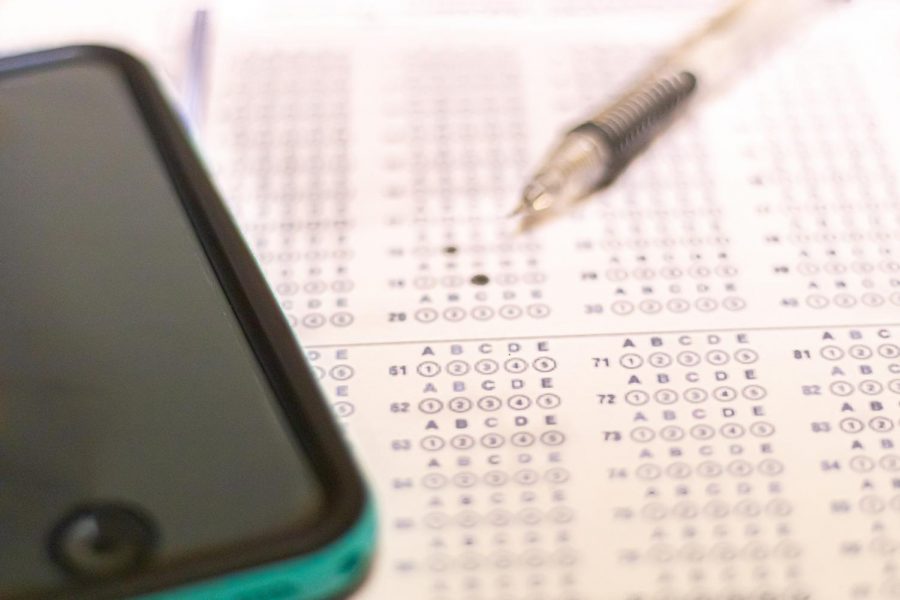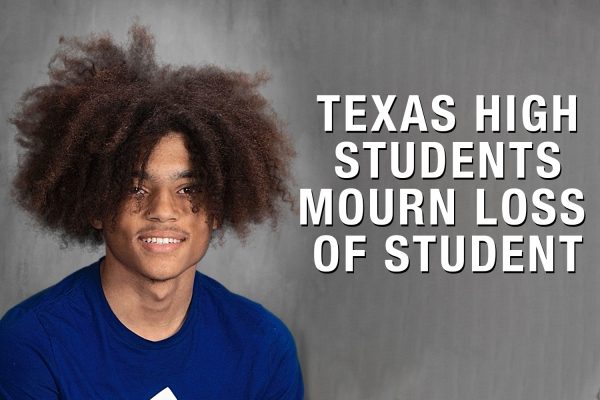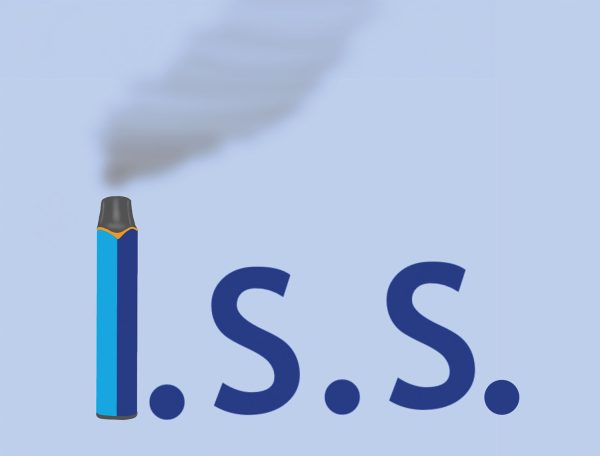Testing in the technical age
Internet plays role in invalidating test scores
If one searches the hashtags #PSAT or #STAAR the day after these tests, memes (online pictures often accompanied by text) will likely flood their phones for the next week. Posts about different exams are so popular that each breed of AP test will often have its own separate hashtag, such as #apgov or #aplit.
February 5, 2021
Four hours of underlining passages with painstaking detail, relearning math lessons long forgotten and periodically glancing at the clock to calculate how much time is left for question 32. Standardized tests like the ACT, SAT and STAAR are some of the most universal tasks in the high school experience.
In the age of iPhones running rampant in everyone’s backpacks, sharing experiences often has some technological element. It can be through texting, calling or, on a large scale, memeing. Expressing after-exam thoughts on the internet may result in unexpected consequences.
“As far as the types of memes or social media posts that could get a test score canceled, [they’re] gonna be when it’s clear that a student walks out of a testing environment and makes a direct comment or question about that environment,” assistant principal Charlotte Leon said. “It can be factors directly related to the test such as questions, the content of the questions, the concepts behind the question, the passage [or] the authors.”
If one searches the hashtags #PSAT or #STAAR the day after these tests, memes (online pictures often accompanied by text) will likely flood their phones for the next week. Posts about different exams are so popular that each breed of AP test will often have its own separate hashtag, such as #apgov or #aplit.
“[They’re making fun of] the passages and the people in the passages,” junior Aasna Pohkrel said. “It’s a really stressful time, taking the test. You have to try your best on it. It takes a really long time, so it’s also very tiring. [The memes are] something good that comes out of it.”
Eventually, some of these memes may do more harm for students than good. Posts could result in confrontations with the College Board, the billion dollar giant behind ACT, SAT and PSAT testing. The cause of a student receiving a score invalidation may be as simple as not bothering to read the fine print on the day of the test.
“When you’re reading all of the statements on the front cover you must sign the certification statement,” Leon said. “The contract is vaguely mentioned inside of there. Also when you register and pay for the test, the requirements are inside of all the small print that people don’t read on the booklets.”
They don’t want the questions, items, passages and authors out there because then that’s giving an unfair advantage to students who haven’t taken that test yet. Essentially, that’s called cheating.
— Charlotte Leon, Assistant Principal
Students are vaguely aware of these guidelines, but the reasoning behind them is rarely addressed, resulting in confusion from students regarding these rules.
“As long as everyone’s taken it, I don’t think it should be a bad thing,” Pohkrel said. “There’s no harm to it. If you’ve both taken the test, [there’s no harm in] comparing what you think and [your friend] thinks and trying to get a better idea what you might have made.”
The possibility of students retaking standardized tests is exactly why the rule is in place.
“If there’s a makeup date, the tests are not the same, but occasionally [material is reused],” Leon said. “There [are] multiple copies and versions of each exam in every single test room and so what might appear on one printing time, the next printing time might rotate around.”
In wake of this issue, test officials, especially those affiliated with the ACT, are fighting technology with technology to track down any disorderly test conduct.
“If they deem that a student has [done] something [in] conflict [with the rules], they have AI to catch them; ACT has been doing it for 15 years or more,” Leon said. “On a test date, they lift their searches and [use] filters around anywhere that gives a test. If there’s key words or phrases that pop up, they snag them out of social media, and process [them]. They determine, ‘Is there something weird going on? Is there a possible breach?’ Then, they will look into it further.”
If the College Board has determined they think a student may have cheated, they will send the tester a letter explaining that their score has been canceled. Students can choose one of three ways to handle the situation.
“Here’s your options: You can either be done, it’s canceled. You can validate the test, so make arrangements with the testing proctor on your campus. You’ll do a one on one test,” Leon said. “If you can score within three points up or down from the score that’s in question, then they’ll validate that it is your score. Or you can get an attorney and attempt to pursue it at that level.”
Although students can opt to defend their scores if they’re called into question, students’ chances of winning this battle may be slim.
“I truly feel that if you’re receiving a letter of testing violation from the ACT or SAT, you’ve done something big,” Leon said. “They don’t do that lightly. I’ve been testing for almost 20 years now, and I’ve only had a handful of, ‘You have a violation’ on students. They do some investigating and they do some thoughts before they send those letters out, and they’re pretty confident they can stand by it.”





















